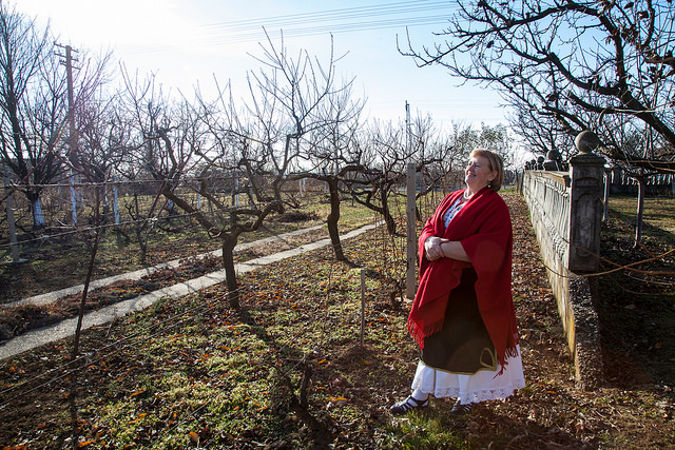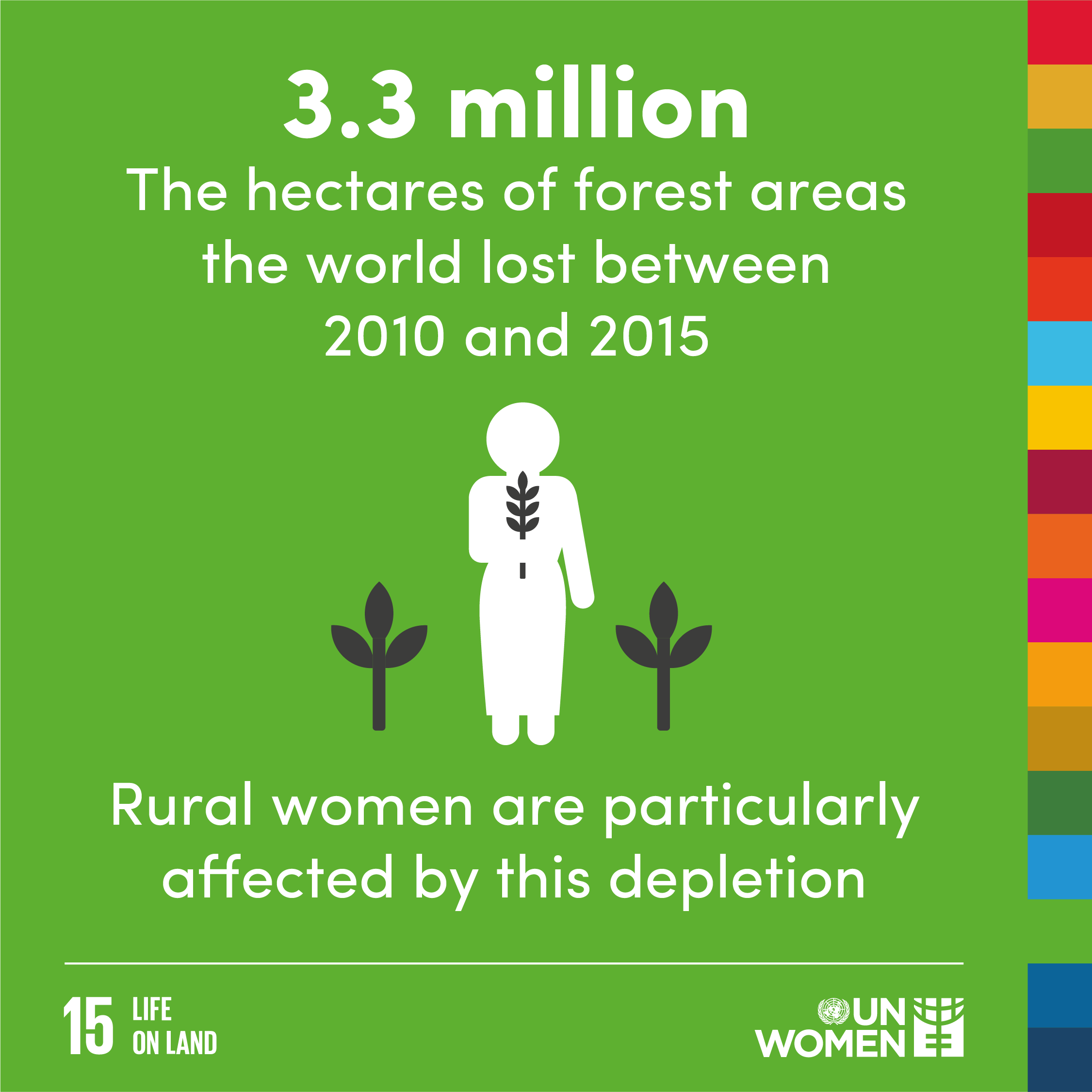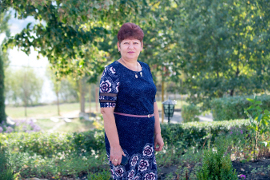SDG 15: Protect, restore and promote sustainable use of terrestrial ecosystems, sustainably manage forests, combat desertification, and halt and reverse land degradation and halt biodiversity loss

Targets
- By 2020, ensure the conservation, restoration and sustainable use of terrestrial and inland freshwater ecosystems and their services, in particular forests, wetlands, mountains and drylands, in line with obligations under international agreements.
- By 2020, promote the implementation of sustainable management of all types of forests, halt deforestation, restore degraded forests and substantially increase afforestation and reforestation globally.
- By 2030, combat desertification, restore degraded land and soil, including land affected by desertification, drought and floods, and strive to achieve a land degradation-neutral world.
- By 2030, ensure the conservation of mountain ecosystems, including their biodiversity, in order to enhance their capacity to provide benefits that are essential for sustainable development.
- Take urgent and significant action to reduce the degradation of natural habitats, halt the loss of biodiversity and, by 2020, protect and prevent the extinction of threatened species.
- Promote fair and equitable sharing of the benefits arising from the utilization of genetic resources and promote appropriate access to such resources, as internationally agreed.
- Take urgent action to end poaching and trafficking of protected species of flora and fauna and address both demand and supply of illegal wildlife products.
- By 2020, introduce measures to prevent the introduction and significantly reduce the impact of invasive alien species on land and water ecosystems and control or eradicate the priority species.
- By 2020, integrate ecosystem and biodiversity values into national and local planning, development processes, poverty reduction strategies and accounts.
- Mobilize and significantly increase financial resources from all sources to conserve and sustainably use biodiversity and ecosystems.
- Mobilize significant resources from all sources and at all levels to finance sustainable forest management and provide adequate incentives to developing countries to advance such management, including for conservation and reforestation.
- Enhance global support for efforts to combat poaching and trafficking of protected species, including by increasing the capacity of local communities to pursue sustainable livelihood opportunities.
Around the world, 1.6 billion people depend on forests for their livelihoods, yet forests are being felled at an astonishing rate. Between 2010 and 2016, 3.3 million hectares were lost, often for profits that bypassed local communities.

Women, particularly those who are poor and living in rural areas, often depend on forests for fuel, fodder and food. Deforestation for some means spending many more hours each day walking long distances to secure these needs. Their limited ownership of land reduces their capacity to adapt to losses or to make decisions about how land is used. While some have extensive knowledge about traditional practices that are inherently sustainable, this is often excluded from decisions about sustainable ecosystems.
When women make up a critical mass of between 25 and 35 per cent of the people in community forestry, their impact is felt. Forest conditions and regeneration improve, and the women themselves gain greater political voice.
Stories:
Landfill becomes a forest after woman councillor organises town
Situated in Rapa lui Visan, an important natural tourist spot in Moldova, Taraclia village put up with an unhealthy landfill – until Pelaghia Traci, a local councillor mentored by a UN Women-supported initiative, got her neighbours to act.
Notes
UN Women (2018), Turning promises into action: Gender equality in the 2030 Agenda.
